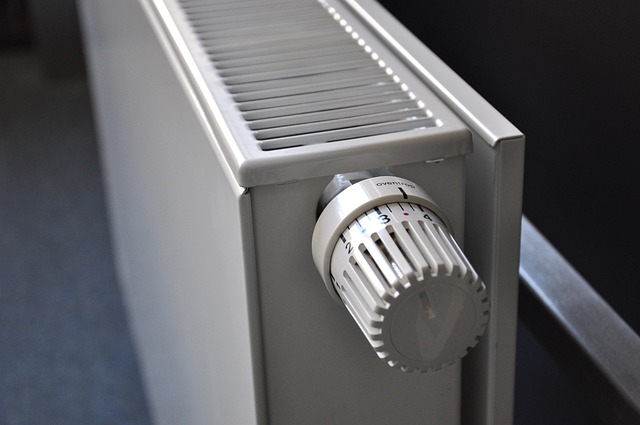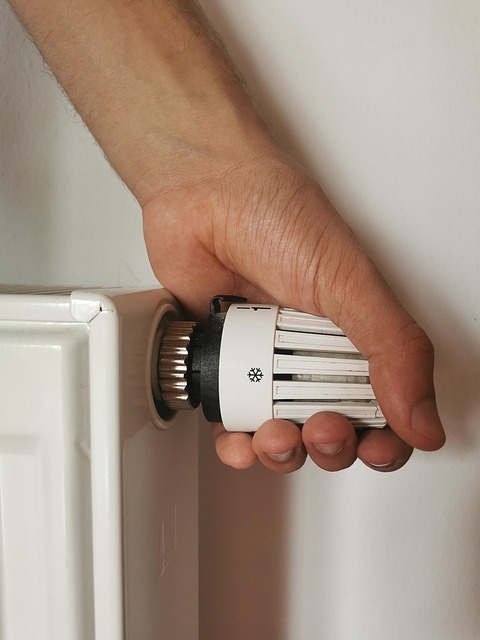Before installing an EV charger in Eugene, Oregon, assess your home's electrical capacity and obtain permits to comply with building codes. Choose a suitable charger based on vehicle type, charging needs, budget, and space. With proper guidance, install it near your parking space, connect to power, ensure grounding, and test for safe and efficient EV charging at home.
Looking to install an EV charger in Eugene, Oregon? This comprehensive guide covers everything you need to know. From understanding local regulations and picking the ideal charging station for your home to a detailed step-by-step installation process, we’ve got you covered. Discover how to make the switch to electric vehicles smoothly and efficiently with expert tips tailored for Eugene residents.
- Understanding EV Charger Installation Requirements
- Choosing the Right EV Charging Station for Your Home
- Step-by-Step Guide to Installing an EV Charger at Home
Understanding EV Charger Installation Requirements

When considering an EV charger installation in Eugene, Oregon, understanding the requirements is essential for a successful and safe setup. The first step involves assessing your home’s electrical system to ensure it can handle the additional load of an electric vehicle (EV) charger. This includes checking the capacity of your circuit breakers and the overall wiring to guarantee they meet the specifications of the charger you intend to install.
Additionally, local building codes and regulations play a significant role in EV charger installation. These guidelines often dictate the type of equipment allowed, installation practices, and safety measures required. Homeowners should familiarize themselves with these rules to avoid any legal issues or unsafe installations. Proper permitting is also necessary before commencing construction or purchasing an EV charger to ensure compliance with local standards.
Choosing the Right EV Charging Station for Your Home

When considering an EV charger installation in Eugene, Oregon, choosing the right charging station for your home is a crucial step. Several factors determine the best option for you, including vehicle type, charging speed preferences, and budget. For instance, Level 1 chargers are standard and suitable for all electric vehicles (EVs), offering a slow but consistent charge. Level 2 chargers, on the other hand, provide faster charging times, making them ideal for those with more demanding daily driving needs.
Additionally, consider the available space in your garage or driveway and the installation process’s complexity. Some stations are designed for easy DIY installation, while others may require professional EV charger installation services to ensure safety and compliance with local regulations. It’s essential to research and select a charging station that aligns with your specific requirements to make your home a convenient and efficient stop for your electric vehicle.
Step-by-Step Guide to Installing an EV Charger at Home

Installing an electric vehicle (EV) charger at home is a straightforward process that can be completed with the right tools and guidance. Here’s a step-by-step guide to help you navigate the EV charger installation in Eugene, Oregon.
First, assess your home’s electrical capacity to ensure it can handle the additional load of an EV charger. If necessary, consult with a licensed electrician to upgrade your circuit breaker or install a new dedicated circuit. Once your electrical system is ready, locate a suitable installation site—a covered, dry area near your parking space works best. Secure the charger firmly to prevent theft or damage and connect it to your home’s electrical supply using appropriate cables and connectors. Finally, test the charger to ensure it functions correctly and is safely grounded, making EV charging at home as convenient and secure as possible.














